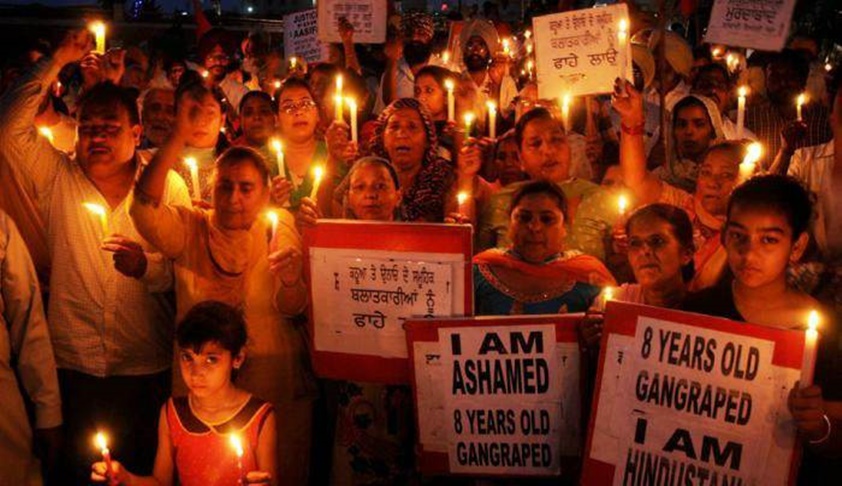Kathua Case: SC Directs Police To Interrogate Witnesses From A Visible Distance In The presence Of Family Members
Mehal Jain
17 May 2018 2:49 PM IST

Next Story
17 May 2018 2:49 PM IST
The Supreme Court bench of Chief Justice Dipak Misra, Justice D. Y. Chandrachud and Justice A. M. Khanwilkar on Thursday has directed the Jammu and Kashmir police to interrogate three witnesses in the Kathua rape and murder case from a visible distance and in the presence of their family members.After the apex court transferred the trial in the Kathua gangrape and murder to the district...
